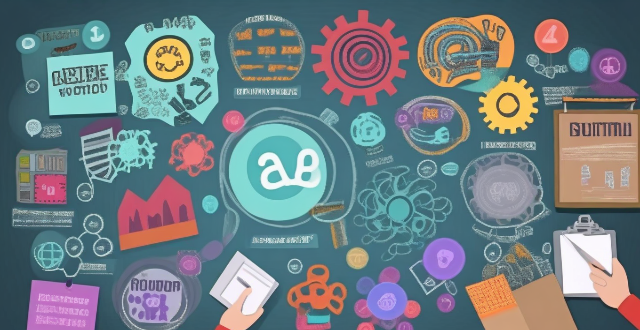Extracurricular activities are crucial for developing leadership skills in students. They provide opportunities to take on responsibilities, make decisions, work collaboratively, and build confidence. These experiences teach time management, task prioritization, problem-solving, risk assessment, consensus building, effective communication, cooperation, teamwork, overcoming fears, self-efficacy, and feedback for growth. Overall, extracurricular activities help students become effective leaders in their academic lives and future careers.

How Extracurricular Activities Help in Developing Leadership Skills
Extracurricular activities play a crucial role in developing leadership skills among students. These activities provide opportunities for students to take on responsibilities, make decisions, and work collaboratively with others. In this article, we will discuss how extracurricular activities help in developing leadership skills.
1. Taking on Responsibilities
Extracurricular activities allow students to take on various responsibilities that they may not have in their academic life. For example, a student who joins the school's debate team may be responsible for researching topics, preparing arguments, and presenting them effectively. This experience teaches the student to manage their time effectively, prioritize tasks, and take ownership of their actions.
- Time Management: Extracurricular activities require students to manage their time effectively between academics and other commitments.
- Task Prioritization: Students learn to prioritize tasks based on their importance and urgency.
- Ownership: Taking on responsibilities teaches students to take ownership of their actions and their impact on the team or group.
2. Making Decisions
Leadership involves making informed decisions that benefit the team or organization. Extracurricular activities provide opportunities for students to make decisions in a relatively low-stakes environment. For example, a student who is part of the school's robotics club may need to decide which design approach to take or how to allocate resources within the team.
- Problem-Solving: Making decisions requires problem-solving skills, which are essential for effective leadership.
- Risk Assessment: Leaders must assess risks and make informed decisions based on available information.
- Consensus Building: Good leaders often seek input from team members before making decisions, fostering a sense of collaboration and shared responsibility.
3. Working Collaboratively
Extracurricular activities often involve working with others towards a common goal. This experience teaches students about the importance of effective communication, cooperation, and teamwork. For example, a student who participates in a community service project must work with other volunteers to plan and execute the project successfully.
- Communication Skills: Working collaboratively requires effective communication to ensure everyone is on the same page.
- Cooperation: Leaders must foster an environment of cooperation where each team member contributes their unique strengths.
- Teamwork: Successful leadership often depends on the ability to work well in a team, delegating tasks, and recognizing individual contributions.
4. Building Confidence
Extracurricular activities provide opportunities for students to step out of their comfort zones and challenge themselves. This experience helps build confidence, which is essential for effective leadership. For example, a student who joins the school's drama club may initially feel nervous about performing in front of an audience but gains confidence as they practice and perform.
- Overcoming Fears: Stepping out of one's comfort zone helps build resilience and confidence in one's abilities.
- Self-Efficacy: Successfully completing tasks outside of one's comfort zone increases self-efficacy, which is crucial for leadership roles.
- Feedback and Growth: Extracurricular activities often provide constructive feedback, allowing students to identify areas for improvement and grow as individuals.
In conclusion, extracurricular activities play a vital role in developing leadership skills among students. By taking on responsibilities, making decisions, working collaboratively, and building confidence, students can develop the skills necessary to become effective leaders both in their academic lives and future careers.